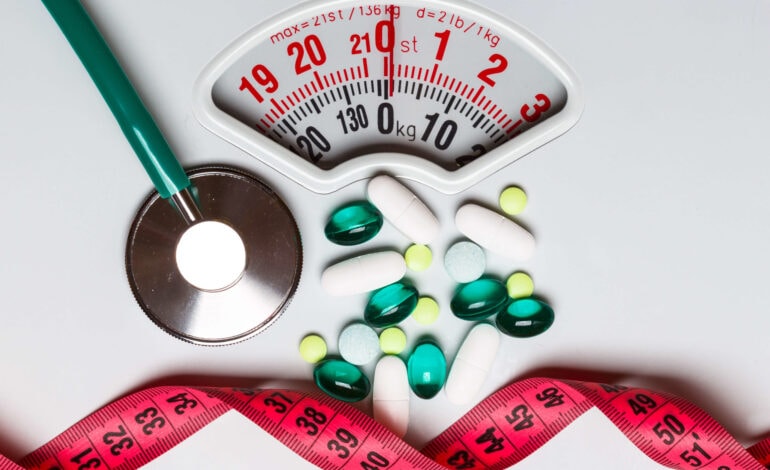I’m Not Drinking This Holiday Season. Why Can’t We Just Say It?
It can be pretty unsettling to think about declining alcohol in an environment conducive to alcohol. Alcohol flows freely during the holidays, whether at holiday parties, around the dinner table, or during meal preparation. Many questions arise during the holidays and make us think, “What will my family members think?”, “What will I drink while everyone else consumes alcohol?”,“How will I make it through without drinking?”
These are just a few common questions that arise among individuals who are in recovery during the holiday season. Why are the holidays challenging for people in recovery?
Why are the holidays challenging for people in recovery?
There are several reasons that the upcoming winter holiday season may push you into a relapse:
- Holidays go against your routine. Drinking is a learned habit supported by routine, and a significant aspect of recovery is adopting a new healthy routine. Unfortunately, the holiday season can upend this routine and leave gaps, triggering you to potentially crave alcohol.
- You will most likely be around alcohol during the holiday season. Holiday parties, dinners, and family gatherings are common social celebrations that promote alcohol consumption. Simply being around drinking is a significant trigger.
- Many people report worsening symptoms of mental illness during the holiday season. Individuals without diagnosed mental health disorders will also feel more stressed, anxious, or even depressed than usual. In addition, mental health symptoms can push you to drink and weaken your resolve to stay sober.
- You are around people you don’t regularly see. Holidays bring you into contact with friends and family you may only see once a year or less. This disruption can lead to drinking, especially if you have underlying issues or tumultuous relationships with any of them that trigger past negative feelings.
However, if you are in recovery, some simple tips can help you survive and thrive during the winter holiday season.
Tell someone you trust that you are in recovery and are not drinking
Although you may not be comfortable telling everyone at the gathering that you are in recovery, it is essential to have a trusted individual in your presence to help guide you through any triggers and hold you accountable. If you don’t tell anyone about your recovery journey, you may feel the urge to drink a beer or glass of wine at dinner or when any underlying triggers arise, and no one will think anything of it. This relapse can be a dangerous situation for your recovery. If you have a trusted and supportive individual at the dinner table who knows about your recovery, you may think twice before picking up a drink. If you slip and pick up a drink, this trusted individual may be able to remind you why you stopped in the first place.
Bring your favorite beverage to the party
Whether it is kombucha, sparkling water, soda, or a mocktail, having a tasty drink to enjoy and hold in your hand during dinner and holiday gatherings can help you overcome the urge to consume alcohol. It can also prevent other individuals from asking you whether you want a drink or why you don’t have a drink in hand.
Have your own transportation
Suppose a holiday gathering turns into an alcohol-induced party. In that case, you must have a safe way to get home or remove yourself from a potentially uncomfortable situation. You do not want to rely on someone else who is under the influence to drive you.
If you are traveling during Thanksgiving, look up where you can go to meetings Though 12-step meetings are not for everyone, it can be a comfort to know where a meeting will be held should you feel like you need one. You may want to consider virtual meetings with your therapist or recovery support groups while traveling during the holiday season. This means having a strong wifi connection and a quiet, private space to hold meetings.




